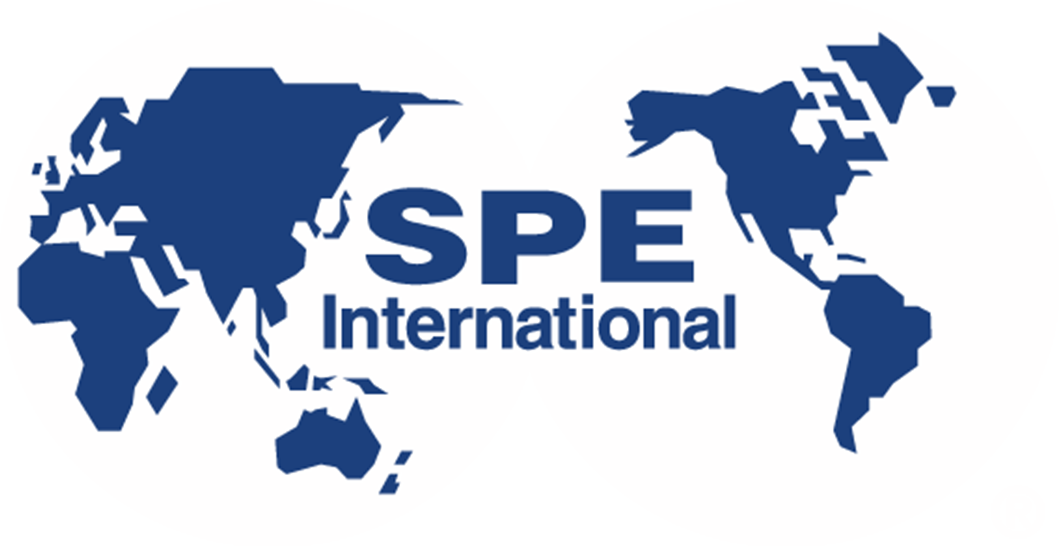Tuesday, May 23
Driven by investor and public sentiment for quantifiable improvements in the energy sector, there has been step change in data transparency and reporting metrics for water usage. Operator Sustainability Reporting, state reporting requirements, and seismic response committees vary in intensity benchmarking. This session will serve to highlight water reporting case studies and best practices in industry on ESG reporting.
Presentations
- Assessing Lifecycle Water Management In Disclosure. Kelly Bennett, B3 Insights
- Water Resources in ESG Reporting: Where Do We Go From Here. Brian Bohm, Apache Corporation
- How Produced Water Reuse and Completion Chemistry Selection Can Improve ES&G Metrics. Rick McCurdy, Select Water Solutions
Reuse of produced water has been an increasingly common practice to support unconventional oil and gas development. Aside from the economic benefits associated with making use of the water produced as a byproduct of oil and gas operations, reusing also reduces both the need for sourcing water (brackish or fresh) from the environment and the volume of produced water that requires disposal. This session intends to discuss both the technological and regulatory evolutions that enable the reuse of produced water for unconventional development, along with the industry’s experiences, lessons learned and best practices.
Presentations
- Challenges for Frac Chemicals in Produced water and Technological Evolutions to Overcome Them. Sarkis Kakadjian, NexTier Completion Solutions
- The Importance of Proper Design and Quality Assurance for Water Recycling Facilities. Gretchen Haymaker, Envirotech Engineering & Consulting
- Evolution of DAF Technology - Produced Water. Michael Stoltz, Evoqua
Managing produced water rates and volume directly impacts the disposal/recycling cost and producer performance. The focus of this session is to discuss methodologies and strategies to reduced produced water volume and its impact on production sustainability and production operation cost management.
Presentations
- Leveraging Technology for Produced Water Management. Lauren Flores and Brad Lamb, Chevron
- Basics of Conformance Engineering. David Smith, Oilfield Conformance Consulting
- Produced Water Management Using Physics-Based Surveillance Models. Marco Thiele, Streamsim Technologies
Wednesday, May 24
ESG is not just a report. Panelists representing operation companies and service companies will share their own ESG strategies and experiences on how to use ESG as a tool to position their organizations for investment, improve branding, and retain talent.
Panelists:
Austin Beam, ConocoPhilips
Geetha Kothandaraman, ExxonMobil
Chris George, Select Energy Services
Lisa Henthorne, Aris Water Solutions
Opportunities for Beneficial Reuse within the oil and gas industry are generally centered around water flood and Enhanced Oil Recovery (EOR). While improvements can always be made, Best Practices in those areas are generally considered to be well established. On the other hand, Best Practices for beneficial reuse using produced water for applications outside of the industry are really in their infancy stage. This session aims to provide practical examples and tools including produced water characterization, how to design and execute a pilot study involving produced water, how to demonstrate Technical Readiness at various levels, how to carry out a credible Techno-Economic Analysis (TEA), and how to put together an upstream system based on holistic optimization.
Presentations
- Intrepid HB Green Project-Treated Produced Water for Solution Mining. John Mayo, Intrepid
- Beneficially Using Produced Water as an Irrigation Source. Katie Lewis, Texas A&M University
- Challenges Related to Produced Water Management in the Southwest U.S.; the Necessity for Beneficial Reuse. Laura Capper, EnergyMakers Advisory Group
Produced water streams are known to contain a wide range of minerals, from common minerals such as sodium, chloride, carbonates, to rare earth elements (REEs) and/or critical minerals (CMs), such as Lithium. While concentrations of common minerals can be high, other constituents tend to be low. But given the large volumes of produced water brought to the surface, as well as a growing need for produced water desalination that concentrates these minerals, REE/CM and common mineral recovery from treated produced water brines could become a reality for some basins or specific oil producing formations.
This session will address three goals: (1) provide an overview of recent technological developments and approaches in terms of mineral, REE, CM recovery from produced water, and (2) provide insights from upstream, midstream and service companies into the motivation, challenges, and economic incentives associated with mineral and REE/CM recovery from produced water at scale.
Presentations
- Eureka! Lithium and Other Valuable Minerals in Produced Water. Chris Frantz, Eureka Resources
- A Framework for Evaluating and Optimizing Critical Mineral Recovery Opportunities in Produced Water Networks. Carl Laird, Carnegie Mellon University
- Synthesizing Concentrations and Values of Critical Minerals and Industrial Elements in Produced Water. Kyle Murray, Murray Geoconsulting
- Lessons Learned on Resource Recovery and Externalities from Produced Water Management. Ryan Hall, NGL Energy Partners
- Perspective of Produced Water Treatment, Reuse, and Resource Recovery. Pei Xu, New Mexico State University
- Efficient Carbon Dioxide Capture and Utilization Using High Divalent Containing Produced Water - Mining Value from Geological Brines. Brian Mueller, DioQuest
Across the Globe, efforts are underway to move to more carbon-neutral energy sources and to remove existing carbon dioxide (CO2) from the atmosphere through efforts such as carbon capture and underground sequestration (CCUS). This session seeks to explore the water requirements for those efforts from a quantity and quality standpoint and to determine if produced water could be used to offset freshwater needs especially in in areas historically prone to regional water stress. Regardless of the technology deployed, if produced water is used, it will be critical to remove hydrocarbons from the produced water prior to treatment and an excellent technology for that aspect will be addressed in this session as well.
Presentations
- Residual Hydrocarbon Reduction – Advanced Green Filtration Technology. Xandra Turner, Mycelx
- Produced Water Beneficial Use – How About Hydrogen? John Byrom, PESCO
- Disruptive Approaches to Hydrogen and Mineral Extraction from Produced Water. Bryce Davis, Oceanit
